Films for All Seasons
By Abby Olcese (InterVarsity Press, 2024)
Last year, a friend posted a request asking for suggestions for family movies to watch during the Lenten season, with an overarching theme of the seven deadly sins. They’d already chosen The Treasure of the Sierra Madre for greed. Film critic Abby Olcese’s Films for All Seasons will be a lovely resource for families with similar plans to fit their movie watching to the liturgical year. The book is organized by liturgical seasons, beginning with Advent and ending with All Souls Day. Olcese offers viewing suggestions—some well-known, some obscure—plus analyses of the films and discussion questions.
Some of Olcese’s choices may not be to everyone’s taste. I’m not a fan of The Last Temptation of Christ and would not choose it for Holy Saturday. But Olcese’s commentary may spark ideas for readers to make alternate selections for their own viewing. Her observation that Last Temptation is an “opportunity to engage our curiosities about the crucifixion story and connect to it in new, intellectually stimulating ways” reminded me of the The Miracle Maker—another “Jesus movie” but more family friendly.
I especially liked some of Olcese’s more unexpected recommendations. I wouldn’t have considered watching the Star Wars prequel Rogue One for Good Friday, but Olcese convinced me. The heroes of this film sacrifice everything, but we know where their sacrifice leads. “When an officer asks what [Princess Leia] received, her one-word answer is the film’s final line of dialogue. ‘Hope.’ ” Hope is what sustains us on Good Friday. God died and the world went dark, yet we know how the story ends.
Films for All Seasons can be read in small chunks as needed and can help deepen your appreciation of the liturgical year. And, as Olcese writes, the movies discussed in the book can “encourage us to connect with others.”
—Michelle Arnold
Walking with God Through the Valley
By May Young (InterVarsity Press, 2025)
In a world darkened by division and sorrow, biblical scholar May Young shines the spotlight on the ancient prayer tradition of lament. Formatted as a Bible study, Walking with God Through the Valley: Recovering the Purpose of Biblical Lament argues for the value of Christian lament as a source of healing. At the end of each chapter, Young offers questions for reflection and suggestions for ways to implement lament in our prayer lives.
The first section examines the characteristics of lament, its historical development, especially in comparison to similar prayer traditions of other ancient Near Eastern cultures, and a helpful chapter on the purpose of lament. Here, Young teases out an essential paradox: Even as the biblical words express pain, anger, and doubt, lament provides the space necessary to move toward God. Through our honest and intimate outpouring of pain, we rely on the promised covenantal relationship with a just and loving God. In our desire to engage God in true relationship, we enact faith and ultimately can shift into hope.
The second half of the book is more pastoral, with chapters devoted to experiences of repentance, doubt, injustice, abandonment, physical pain, and ultimate loss. Young uses specific passages for each chapter—Psalms 13 and 88, for example—and provides accompanying personal witnesses. Through these concrete cases, we can see the challenge: Belief in God’s promises must supersede what our eyes tell us in the moment. In the chapter on injustice, she takes on the challenging, imprecatory Psalm 94 and the extremes of political and social animosity.
Without a firm belief in scripture as God’s word, without confidence that God knows us intimately in prayer, lament feels like useless wailing in the night. While there are no perfectly satisfying answers, this book offers biblical entry points into dealing with multiple spiritual crises.
—Maryanne Hannan
Briefly noted:
Francis of Assisi: The Life of a Restless Saint
By Volker Leppin, tr. Rhys S. Bezzant (Yale University Press)
Pulling from centuries of scholarship, Leppin presents Francis as a man who relentlessly searched for meaning while also providing a radical vision of the future of Christianity.
You Don’t Need to Forgive
By Amanda Ann Gregory (Broadleaf Books)
The central project of Gregory’s text is to show how resisting both the urge to forgive offenders and the toxic positivity that pervades out culture can help one recover from trauma.
Simply Scripture for Lent and Easter
By Colleen Reiss Vermeulen (Ave Maria Press)
Vermeulen provides a daily prayer guide that makes for the perfect companion for navigating the Lenten and Easter seasons.
This article also appears in the March 2025 issue of U.S. Catholic (Vol. 90, No. 3, page 39). Click here to subscribe to the magazine.


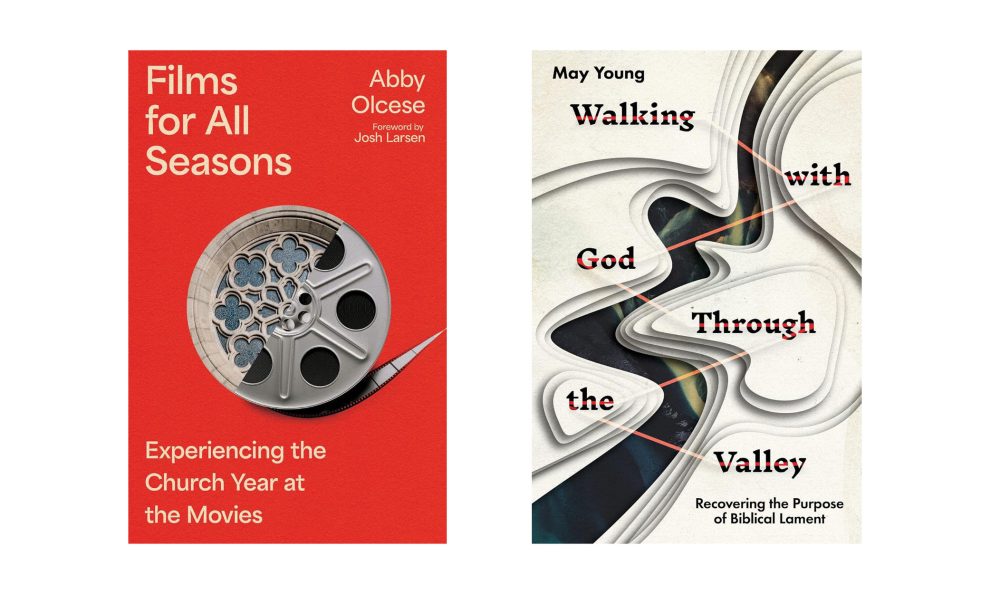
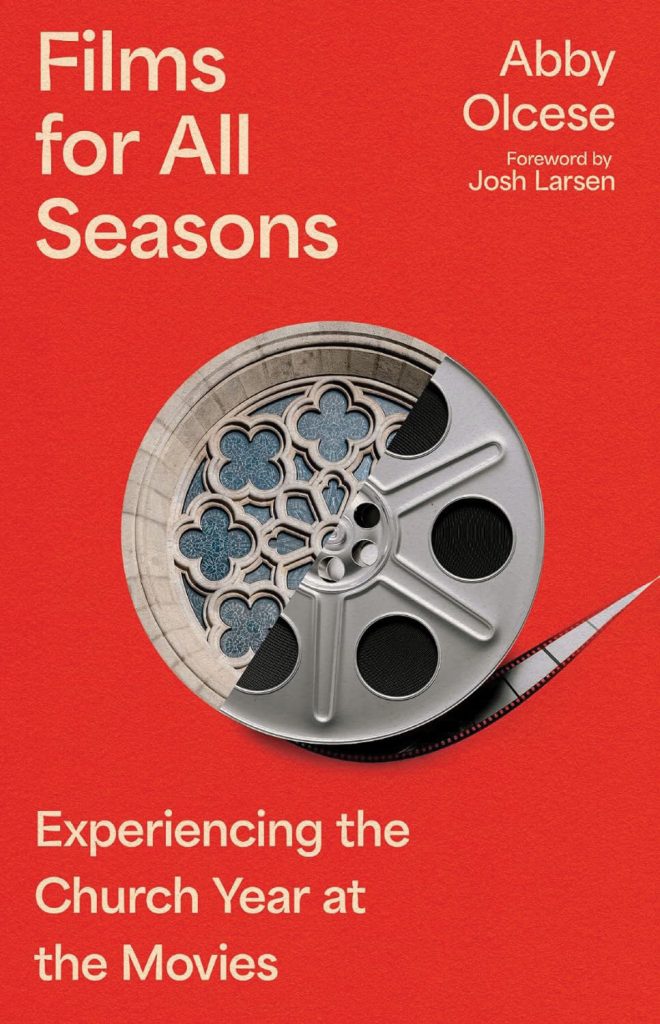

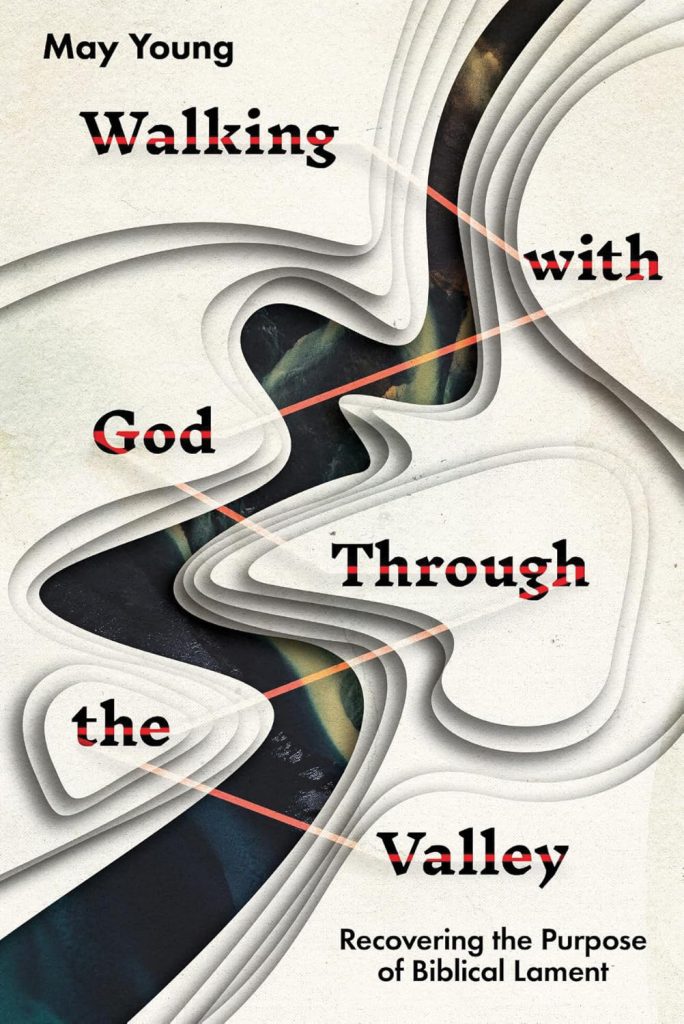
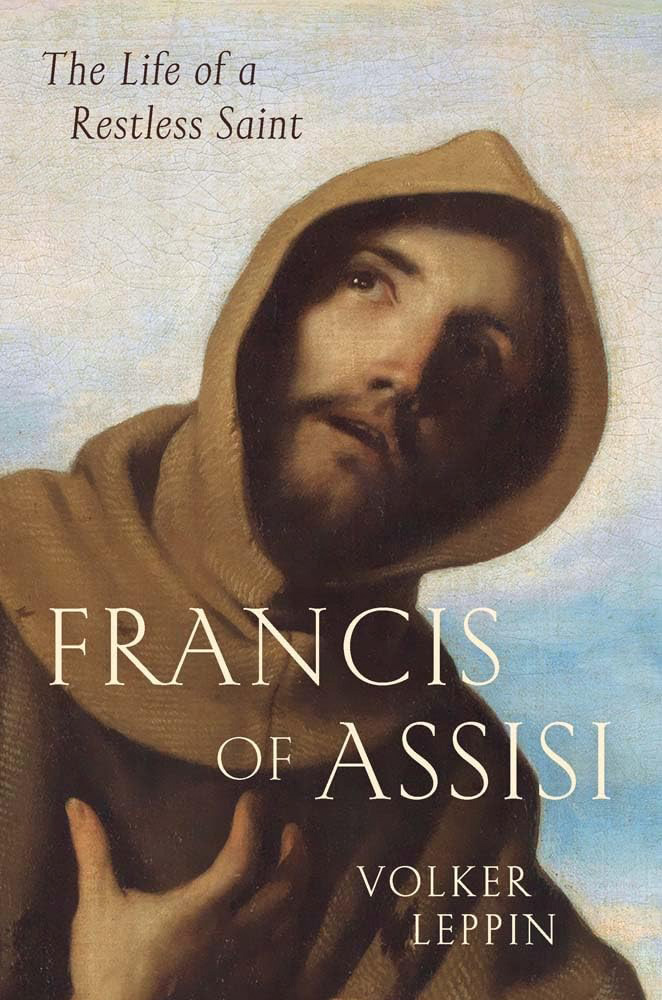
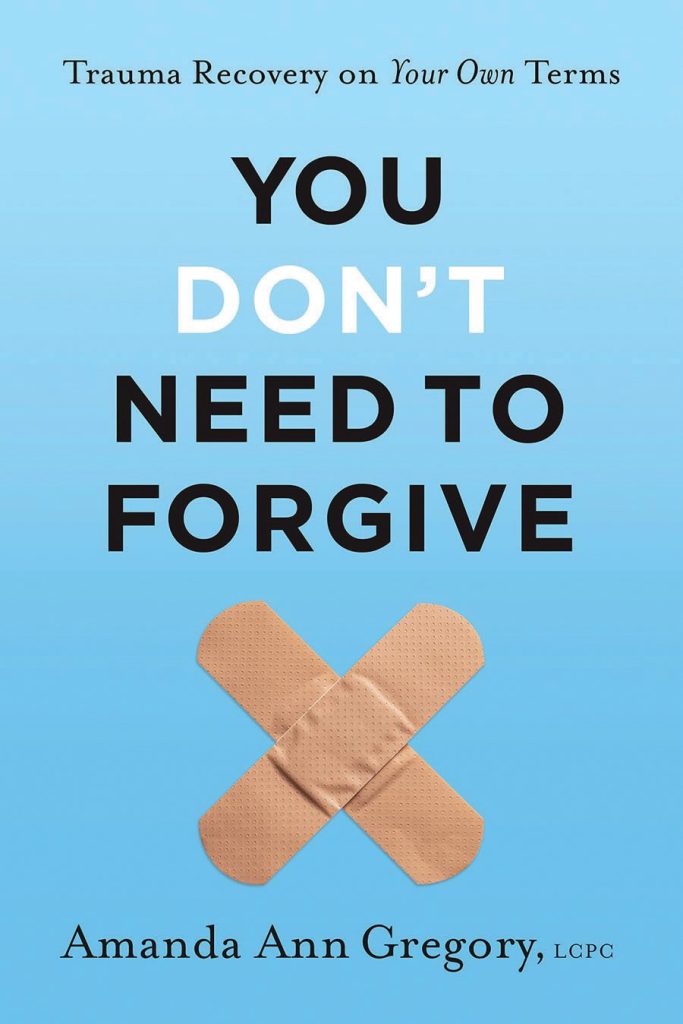
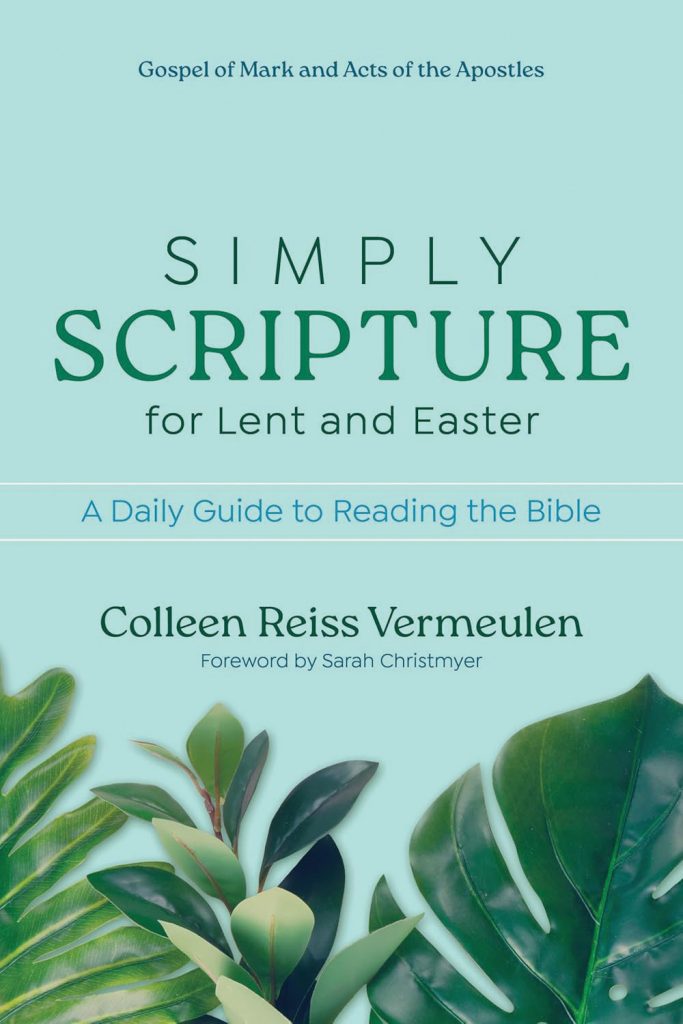











Add comment